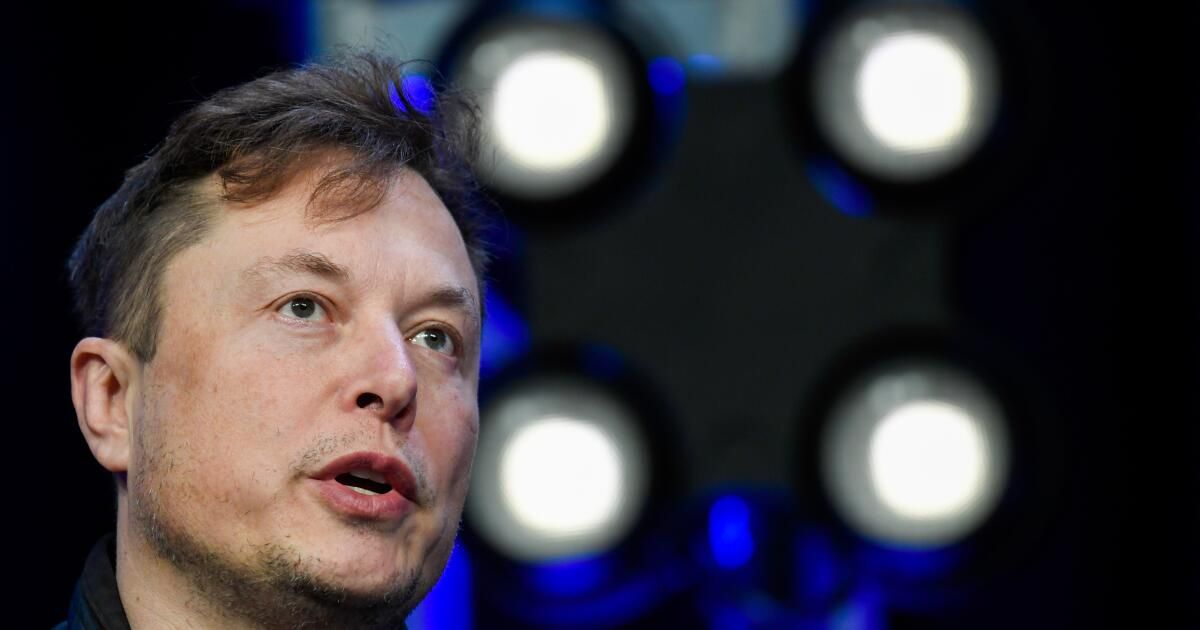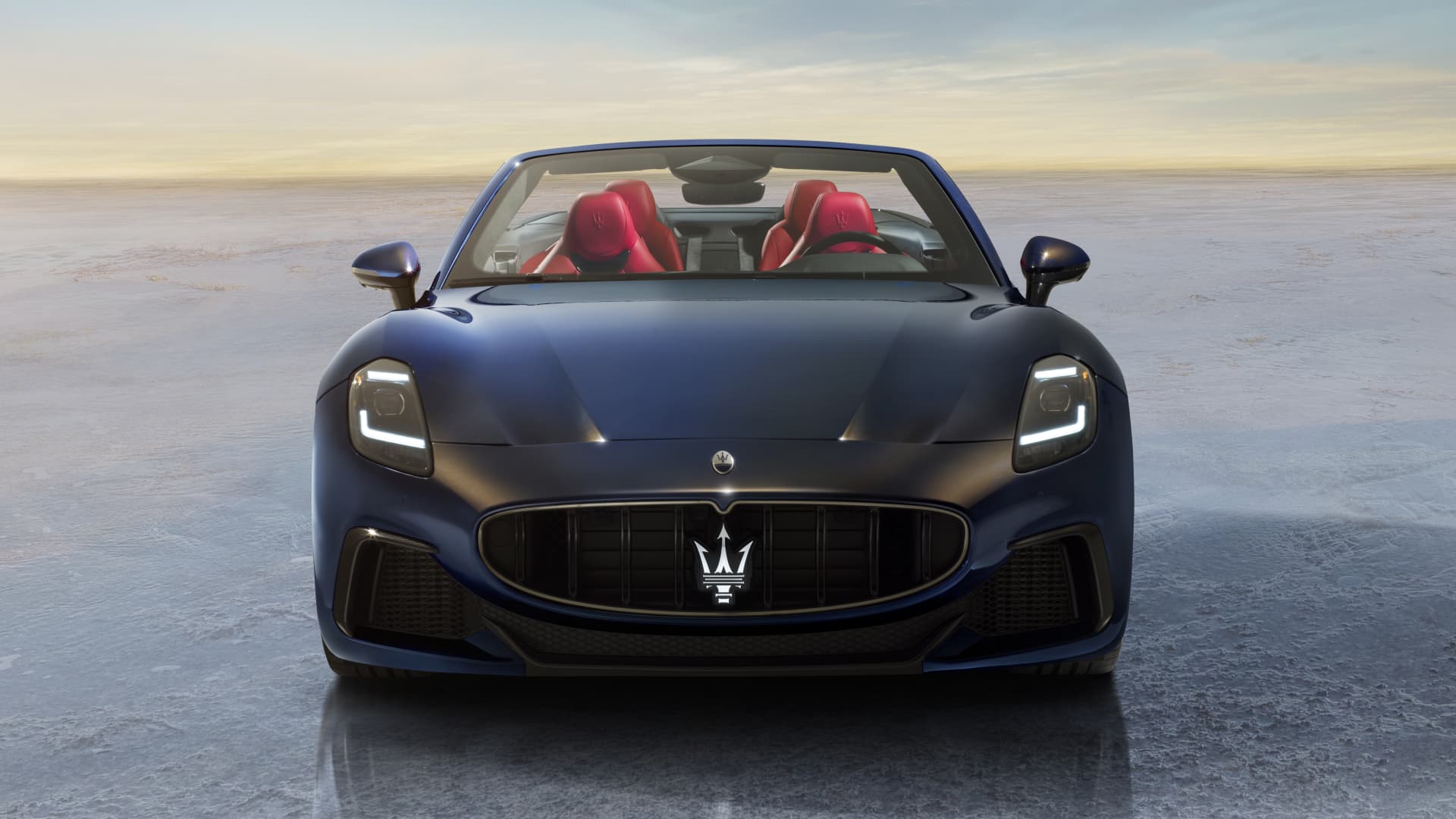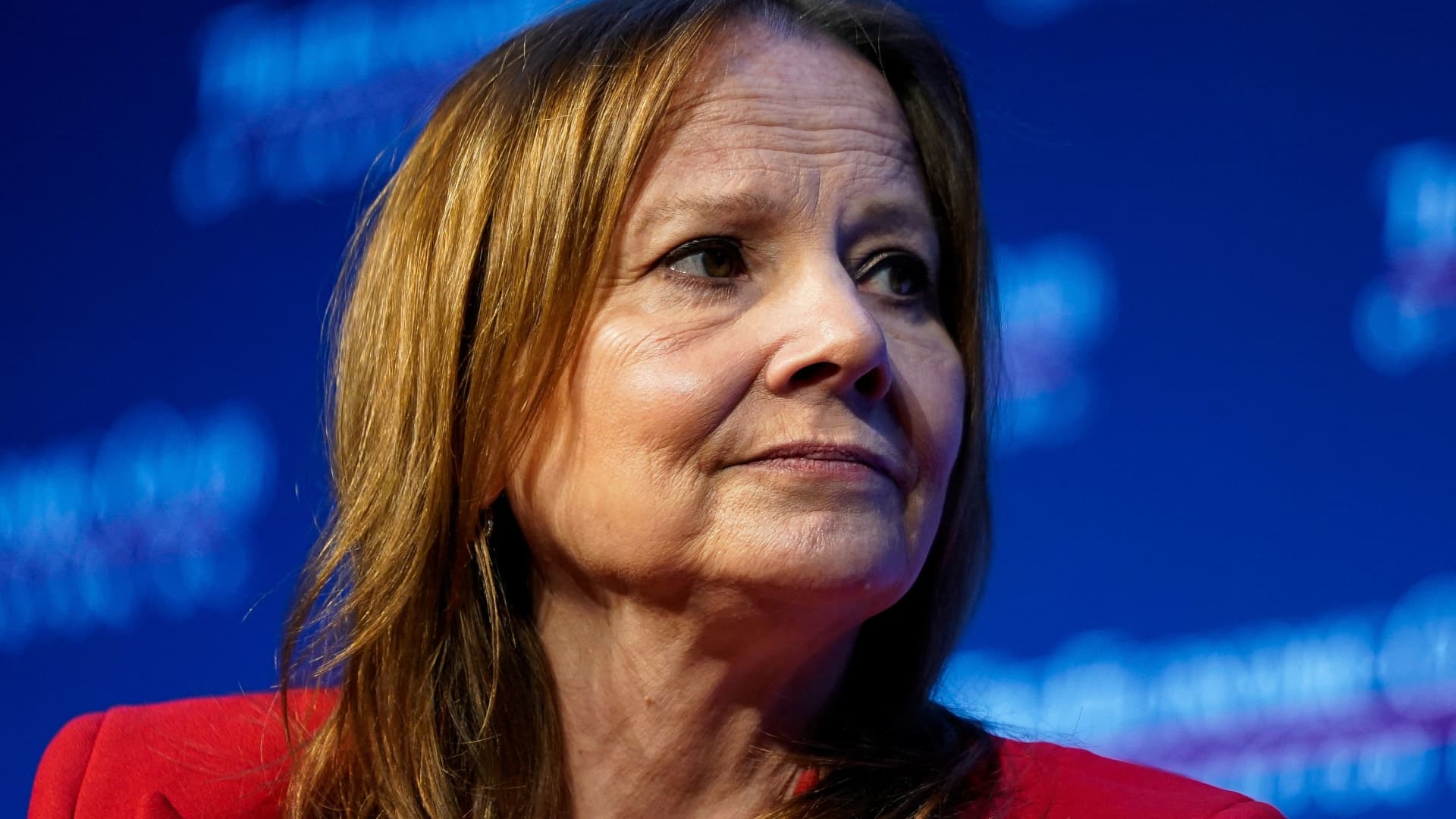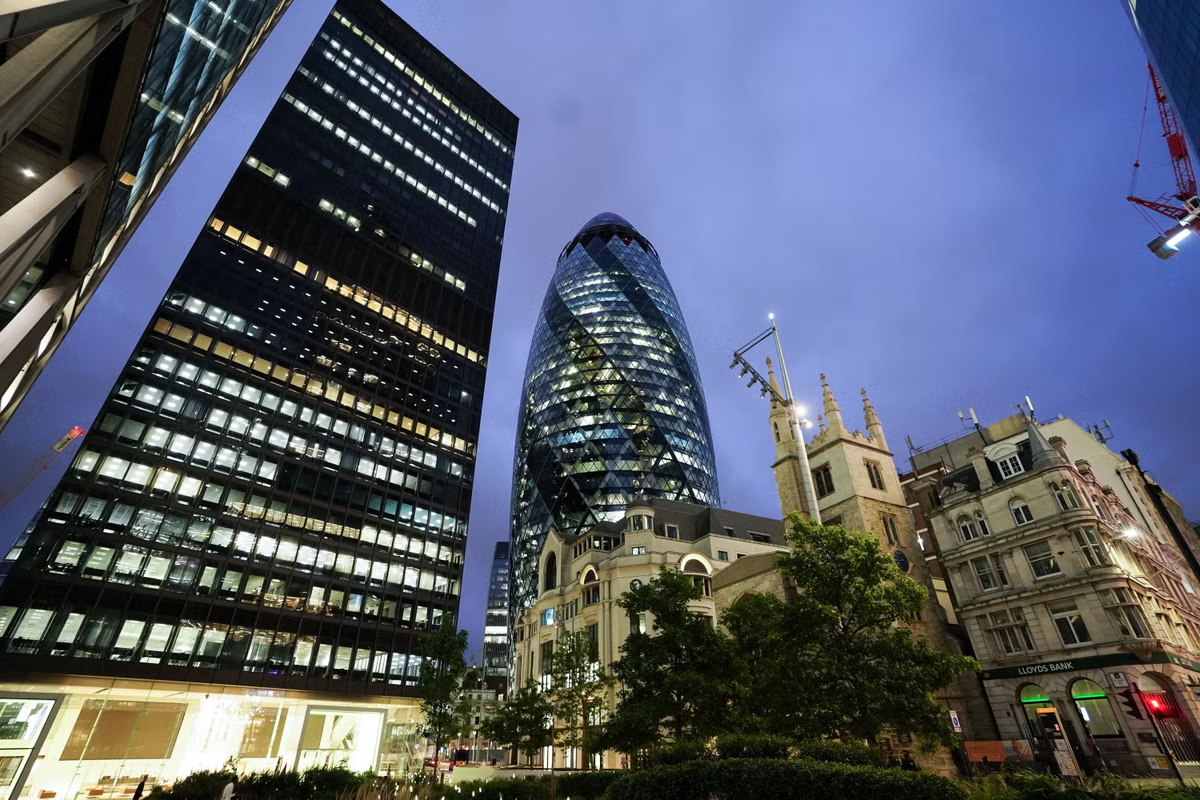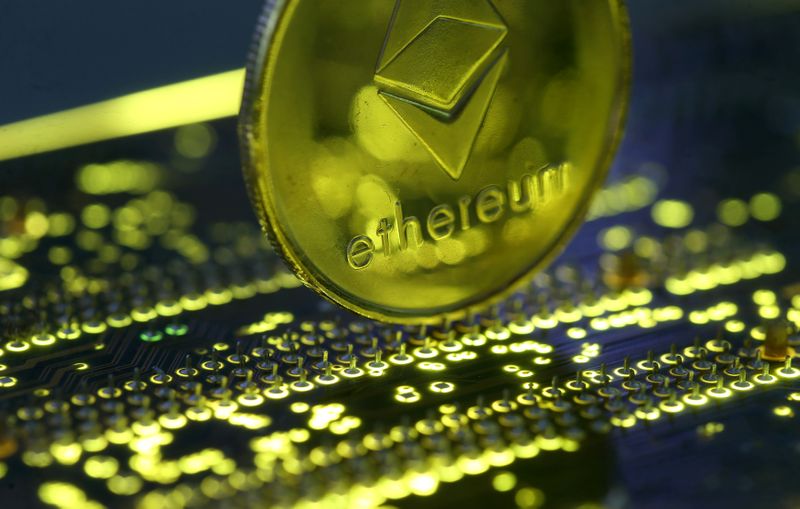A Delaware judge rejected Tesla CEO Elon Musk's multimillion-dollar pay package for the second time, writing in her opinion this week that the company's process for approving the package was “deeply flawed.”
Tesla shareholders approved the compensation plan in 2018, which was once valued at $56 billion but fluctuates dramatically with Tesla's stock price. Chancellor Kathaleen McCormick first rejected the plan earlier this year, arguing that Musk had unfair influence over shareholders and that negotiations over his pay plan were not legitimate.
McCormick rejected the plan again this week, citing similar reasons, although Musk's lawyers have argued that the huge compensation plan is justified because it is directly related to Tesla's valuation, which currently stands at more than $1 trillion.
Tesla, a dominant player in the electric vehicle market, has faced setbacks this year amid increased competition and safety concerns around its fully autonomous driving mode. The company cut more than 10% of its global workforce in April, citing the need to cut costs.
Musk was tapped last month to lead President-elect Donald Trump's new Department of Government Efficiency, a role that could bolster his influence and Tesla's position.
How do we get here?
Tesla shareholder Richard Tornetta filed a lawsuit against Musk and the company in 2018 after a majority of shareholders approved a 10-year performance-based pay package for Musk.
Tornetta alleged that Musk misled investors who approved the plan and exerted inappropriate influence over the negotiations. Musk denied the allegations at trial, saying he did not control the terms of the pay package or attend meetings where it was discussed.
McCormick sided with Tornetta in January and blocked the plan. Following the ruling, Tesla shareholders voted again to approve the pay package, with more than 70% in favor, but it was not enough to change McCormick's mind.
Why did the judge rule twice?
After McCormick's first ruling, Musk's lawyers argued that shareholders' overwhelming support for his compensation plan should overturn the court's decision. Tesla shareholders voted twice to approve the plan, but McCormick maintained they were not acting independently.
“There were certainly a range of healthy amounts the board could have decided to pay Musk,” McCormick wrote in his second opinion. Instead, the board “capitulated to Musk's terms and then failed to demonstrate that those terms were completely fair,” he said.
McCormick said it was unusual for a judge to change a ruling based on a shareholder vote. There was “no procedural basis” to overturn the decision, he wrote.
How does Musk's salary compare?
If approved, Musk's compensation plan would be the largest in US history for a public company executive, according to CNBC. The payment plan includes a series of 12 milestones and would grant Musk additional Tesla shares as the company grows.
For Musk to reach each milestone, Tesla's market capitalization must increase in increments of $50 billion. For Musk to fully acquire the prize, the company's market capitalization must reach $650 billion, the company said.
Musk's lawyers argue that the salary plan is a reflection of what the executive is worth, but McCormick disagrees. In her second ruling, the judge also awarded the plaintiffs $345 million in legal fees, although the plaintiffs' attorneys had asked for a whopping $5.6 billion.
Who is right?
Corporate governance expert Charles Elson said the Delaware court's ruling was sound and in line with the law because Musk had violated conflict of interest regulations. Tesla also created inadequate new evidence after McCormick's first decision calling for a second shareholder vote, he said.
“The judge determined that the board was not independent of Musk and there was no negotiation between him and the board that produced this package, which makes it suspect,” Elson said. “Standard rules should apply.”
What will Musk do now?
Musk criticized McCormick's ruling on X, the social media platform he owns, writing that “shareholders should control company votes, not judges.”
Tesla also posted on X that the court's decision was wrong and that the company plans to appeal. The appeal would be filed with the Delaware Supreme Court.
“This ruling, if not overturned, means that judges and plaintiffs' attorneys are running Delaware companies rather than their rightful owners,” the company wrote.
Lawyers for Tornetta and other shareholders who oppose Musk's pay plan said they would defend the court's ruling if the decision were appealed.
The Associated Press contributed to this report.

